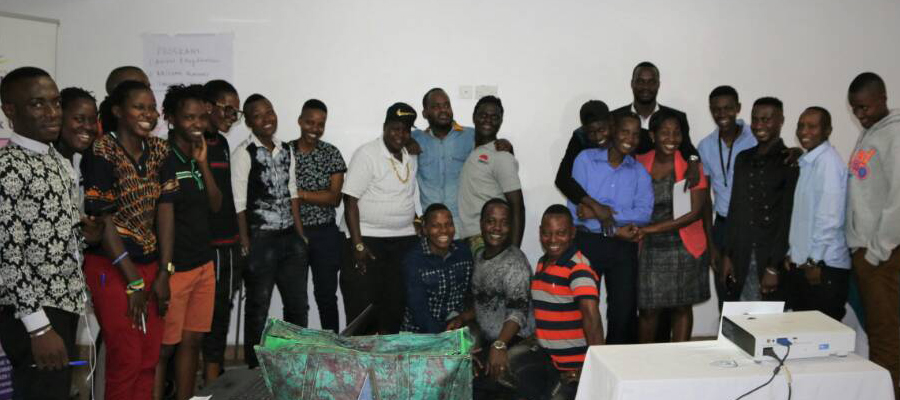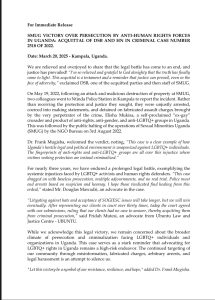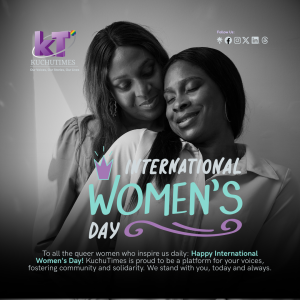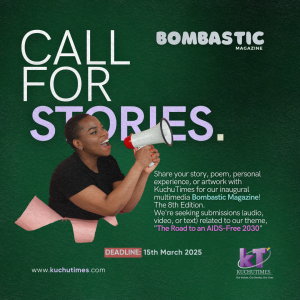On 10th August 2017, Tranz Network Uganda which is a meshwork for organisations that advocate for the rights of transgender people in Uganda, held a one day dialogue workshop on Sexual and Reproductive Health Rights. The workshop was geared towards passing on knowledge and creating better understanding of specific trans sexual and reproductive health issues as well as challenges faced in relation to access to sexual and reproductive health issues.
Prior to the course of study, Tranz Network Uganda traversed the country assessing the challenges transgender Ugandans experience as well as obtain information on health related matters through different dialogue meetings with the transgender people, health service providers and other stake holders. It is upon this background the one day workshop that The event brought together different transgender activists from across the country was organised.
The workshop which was facilitated by several transgender persons saw TNU share the findings of their study, and the attendees come up with recommendations to counter the different challenges that they face.
Some of the highlighted challenges face by transpersons in the Eastern part of the country included shortage of lubricants which has accelerated the spread of HIV virus, it was also discovered that there was a problem of condom bargaining and usage thus the need for Tranz Network Uganda and other trans organisations to initiate condom promotion programs in Eastern Uganda.
The central region findings revealed that the major problem experienced by trans persons is lack of credible statistics to back policy change. It was discovered that most transpersons are viewed and regarded as MSM (men who have sex with men) thus the need to pass on proper and accurate information to policy makers, health service providers as well as other relevant stakeholders.
Other challenges experienced by transpersons especially trans women that dwell in the central region include rape, lack of resources to attend counseling sessions and other reproductive health services like cancer screening, drug and substance abuse, high poverty levels forcing many trans women to resort to sex work for survival, as well as physical and verbal attacks.
The research also revealed that rural transgender men lack adequate information about binders, they face unlawful evictions by landlords, unemployment and job terminations, difficulties in accessing transition and hormonal therapy programs.
“All these things that you have been saying, seem very far fetched for people in my area. We just have a small organisation of about ten people and we meet in our houses; we are discriminated against and the threats towards us increase by the day. These progressive developments and engagements you are talking about like going to hospitals, talking to police, don’t exist in Lira. We need further sensitization, “a transman from Lira relayed about the situation in the Northern region. He also showed fellow participants some scars that have been inflicted on him as a result of hate attacks.
Ruth a health worker from Most at Risk Populations Initiatives (MARPI) that offers free and friendly health services to the sexual minorities and sex workers led the participants through a session meant to debunk myths about transgender people. She explained hormonal therapy and the process of transitioning. She encouraged trans men and women to always respond positively to services like breast and cervical cancer screening.
Apako Williams the Coordinator of Tranz Network Uganda informed the gathering that transgender persons in Uganda continue to live in an environment full of hate and stigma and are regarded by many as the face of homosexuality.
Tranz Network Uganda hopes that that the outcomes of such dialogues will help policy makers to plan effectively for transgender people across the country.




